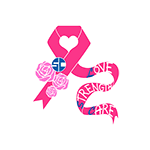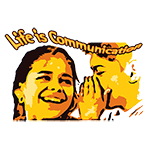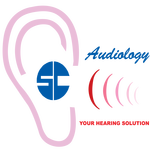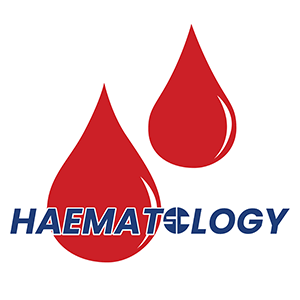
Treatment of kidney and ureteric stones without surgery
What are kidney and ureteric stones?
Kidney stones are formed when excess mineral deposits accumulate in the kidneys and vary in size from a grain of sand to the size of a golf ball. Ureters are tubes that connect the kidneys to the bladder. Ureteric stones are stones that drop from kidneys and lodge in the ureters.
Some Malaysians will experience a kidney stone at some point in their lifetime, with recurrence being common. Kidney stones are more prevalent in men aged 20 to 40. The causes of renal stones are typically multifactorial, including factors such as diet, inadequate fluid intake, and family history.
Symptoms of kidney and ureteric stones
:- No symptom or minor discomfort over the loin area
- Very severe pain over the loin area and abdomen
- High fever
- Blood in urine
- Frequency and painful urination
If not treated properly, kidney stones can result in permanent damage to the kidneys.
Extracorporeal Shock Wave Lithotripsy (ESWL)
Usually stones of 5mm or more in size will require treatment. In the past years, removal of kidney stones required complex surgery under anesthesia. Nowadays the use of shock waves has become the gold standard treatment for kidney and ureteric stones. Such treatment is usually carried out as day case procedures with patients return to their normal activities within as little as 24 hours.
ESWL uses an energy source called a lithotriptor to generate high energy electromagnetic shock waves in pulses to break up the stones into sand-like granules that then pass naturally with urine. The impulses are focused and transmitted through a soft gel cushion which is placed against your body. Xray or ultrasound will be used to locate the stone. As the focused wave is very precise, there is minimal damage to the kidney or surrounding organs.
During the procedure, you will hear and feel a tapping like sensation on your body when each shock wave is given. Medications to relieve pain and anxiety will be given, so only minor discomfort is experienced. Music through headphones will also be given to help you to relax.
The entire procedure usually last about 1 hour. Depends on the size, hardness and location, a stone may not be completely shattered in one treatment session, additional sessions may be necessary. There is no surgery involved and the rest of your body is not affected by the treatment. No general anaesthesia is required.
What preparation do I need before ESWL?
Antiplatelets medications like aspirin has to be stopped 1 week before ESWL. Patients need to fast for at least 4 hours before the procedure. Clear fluids are allowed.
Is ESWL safe?
Serious complications with ESWL are uncommon. Slight bruising around the treatment areas may occur and most patients will have some blood in the urine for a day or two.
The occasional more serious side effects include
:- Swelling of kidneys. This occurs usually in larger stones after ESWL when the stone fragments block the urine flow in the ureters. A stent may be inserted before the ESWL to prevent this from happening.
- Injury to kidney. Very rarely, the shock waves may cause bruishing and blood clot around the kidney in less that 1% of patients. This is more likely to occur in patients with uncontrolled hypertension and diseased kidney. Usually, the blood clot requires no treatment.
- Fever. Some patients may develop fever due to infection after ESWL.
What should I do/expect after I go home?
Patients will usually be allowed home 1-2 hours after the procedure on the same day. Stone fragments may be passed out during urination for several days and may persist up to 12 weeks. Sometimes "cloudy or sand-like" urine is seen. Most patients will have blood in urine for 1-2 days.
How effective is ESWL?
Overall, ESWL is effective up to 85% for kidney or ureteric stones. Very hard stones like cystine or stones and stones larger than 2.5cm are less successful. Pregnant females, those with blood clotting problems, urinary infection or on anticoagulants are not suitable for ESWL.
Distinctiveness of the LSC Lithotripsy Centre
Versatile New Generation of Dornier electromagnetic Lithotripter with unsurpassed image quality using both ultrasound and X-ray for stone localization.
Both kidney and ureteric stones can be treated effectively.
Patients are treated in supine position which ensures comfort.
Day case prosedure.
Comfortable lithotripsy room with headphone music for relaxation during procedure.
.jpg)
GreenLight Laser Therapy (Treatment for enlarged prostate)













